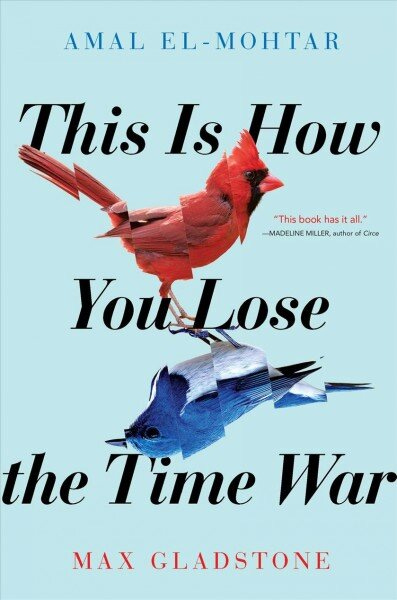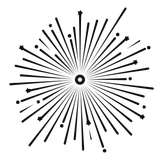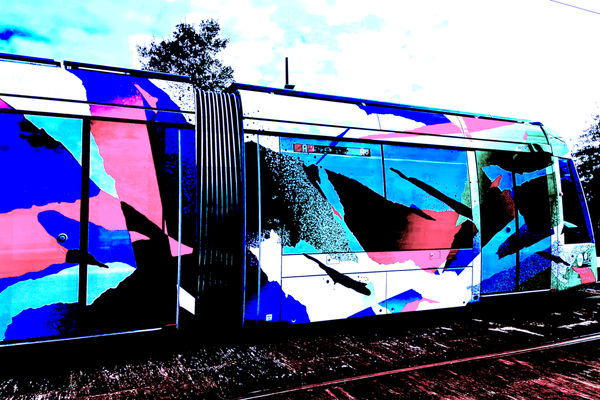Writing In The Dark

I’ve returned home, whatever that means to you since I’m sure it doesn’t mean the same thing to me. But that is a topic for another day. Apologies for this week’s tardiness. The jet lag has been harder than expected. Not because I don’t sleep at night–I do–but because I want to sleep during the day too.
Maybe it’s the body’s natural response to that time of the year when the days get shorter, the wind is nippier and the outside world prepares itself for winter dormancy. Yet, it’s been oddly warm in Western France and still very dry. I guess my brain understands that the dull overcast days and late-rising sun mean its fall.
Montreal was a real treat. I had forgotten how beautiful the city gets when its trees shed gold and crimson coloured leaves. Autumn can be finicky there, never sure if it wants to settle down as a season. But two days after my arrival, something in the air changed. You knew that summer got booted out and fall was there to stay; it was no longer possible to leave the house without a jacket.
I’ve never been very good at dressing for fall weather. Layering clothing is a concept that annoys me immensely, even though I’m always too hot or too cold at this time of the year. Thus, the importance of layering well, which exasperates me even more.
But if we’re talking about food, that’s a completely different story. Autumn is my favourite time of the year to cook; I can finally turn my oven on again after a long, hot summer. It’s also my second favourite season for food when the last batches of fresh produce are still available. I’ll do anything for a chance to savour the end of summer before resorting to root vegetables for the rest of winter. The thought of all those pies, soups, stews, and roasted veggies makes my heart sing.
So does a warm cup of tea or cocoa. Waking up to write when it’s still dark outside becomes more enticing with the thought of a hot beverage in hand. I swaddle myself in a big wool shawl, turn on my desk lamp and get to it. I enjoy the cocoon of darkness while bathing in early morning silence. There’s nothing but me and the words. I love writing in the fall.
In France, daylight is roughly the same as in most places I’ve lived in North America. Except the sun rises later, making the days seem longer, especially for mid-October. This means extended writing hours in my cocoon without having to get up at a ridiculous hour.
The best I can do is 6 am-ish, which is a normal hour for many weekday workers. Any earlier would require diligent training and intention, which is too demanding at the moment.
I started and finished Amal El-Mohtar and Max Gladstone’s novella, This is How You Lose the Time War, this week. It’s a series of love letters between two enemy forces in a fantasy world. The book is poignant, poetic, and lyrical; it’s unlike anything I’ve read in a long time, and I’m already eager to reread it.

In the acknowledgments, Amal El-Mohtar writes:
“Books are letters in bottles, cast into the waves of time from one person trying to save the world to another.
Keep reading. Keep writing. Keep fighting. We’re all still here.”
I don’t presume to be saving the world by writing. I don’t even for a moment believe that I could. But I have often reflected on how other people’s writing has influenced and changed the world long after they’ve left. Most writers and artists will never know the impact of their work. I try to remember this as I write. Especially when my efforts seem futile and I want to quit.
There is no way to know.
There is truly no way for any of us to know what role our work will have in history. So we must write; we must do the creative work anyway.
If you hear that voice calling inside of you, it is your duty to listen and do the work.
Maybe your work is a pebble among millions of others that will become a pillar for the next literary genius. Maybe your work is an example of what NOT to do and will inspire the next literary genius to do better. Or maybe in a hundred years, your work will be revered and YOU will be the literary genius.
There is
no way
to
know.
Our work is the by-product of the millions who have come before us. And while I’m almost certain I will not be the greatest writer of the century or be remembered over time, it’s my duty as a writer to help perpetuate the thoughts, ideas, and stories that make us uniquely human and push us to evolve as a species. Even if the work is really shitty (which, hopefully, it is not), at least it can help others do better.
If I’m saying this to you now, it’s because I agree with El-Mohtar that books–and all art forms–are letters in bottles.
When I write in the dark, I never feel alone. Because I’m always writing a letter of some sort to you.
Yes, you.
Whomever you are, wherever you may be.
This is why we write.
This is why we do the creative work.
Now it’s your turn to write some letters, in whichever form you choose.
I suggest listening to British composer and pianist Alexis Ffrench while you do. His music is suitable for fall weather and writing in the dark.
Happy writing, happy creating.
G.G. Law





